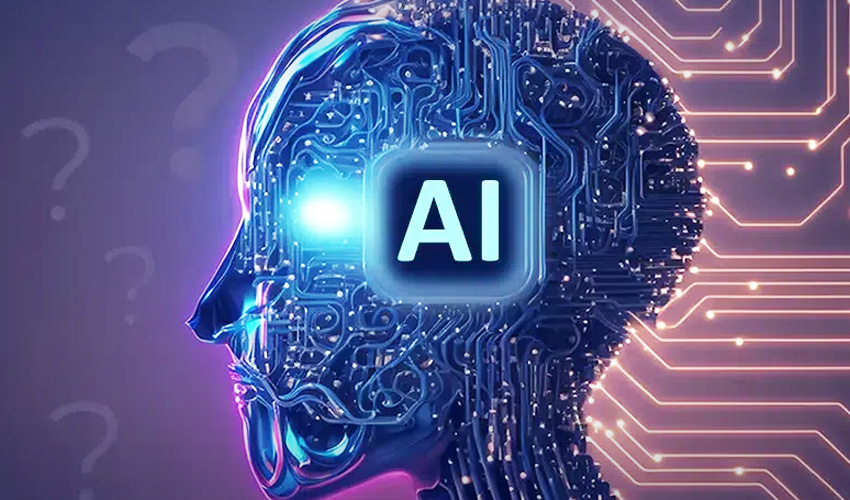A recent study launched by UNESCO has shed light on the prevalence of gender bias in leading AI tools developed by OpenAI and Meta.
The findings, released on Thursday, raise concerns about the portrayal of women in AI-generated content and underscore the need for greater diversity and ethical oversight in the tech industry.
The study focused on examining algorithms such as Meta's Llama 2 and OpenAI's GPT-2 and GPT-3.5, commonly referred to as Large Language Models (LLMs), which power popular AI applications including chatbots and content generators.
According to UNESCO experts, the analysis revealed "unequivocal evidence of prejudice against women" in the outputs generated by these AI models. Women were consistently associated with words related to domestic roles such as "home," "family," or "children," while men were linked with terms like "business," "salary," or "career."
Moreover, the study found that men were frequently depicted in prestigious professions such as teachers, lawyers, and doctors, while women were disproportionately represented as prostitutes, cooks, or domestic servants.
Although GPT-3.5 exhibited comparatively less bias than the other two models, concerns were raised about its closed-source nature, limiting transparency and accountability. Conversely, Llama 2 and GPT-2, being open source, allowed for greater scrutiny of the biases embedded within their algorithms.
Leona Verdadero, a UNESCO specialist in digital policies, expressed concern over the impact of biased AI on users, emphasizing that tech companies must address these issues to serve all users effectively.
UNESCO Director General Audrey Azoulay highlighted the significant influence of AI tools on shaping public perceptions and called for concerted efforts to address gender biases in AI content. She emphasized the importance of promoting diversity within AI companies and urged governments to regulate the development and deployment of AI technologies to ensure ethical practices.
The release of the UNESCO report coincides with International Women's Day, serving as a timely reminder of the imperative to address gender biases in technology and promote equality and inclusivity in the digital age.


























